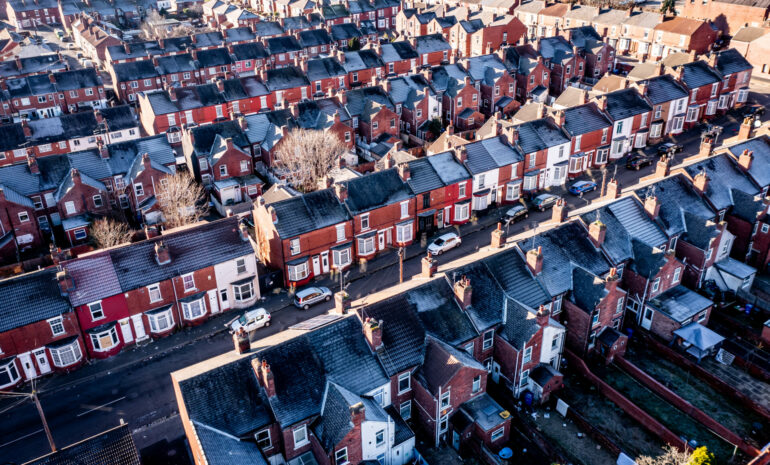Despite high house prices and initial mortgage deposit costs presenting major hurdles for first-time buyers, only 25% would consider a 100% mortgage to gain a foothold on the property ladder, according to new research by Gradual Homeownership provider, Wayhome.
Skipton Building Society recently reintroduced a 100% mortgage, enabling first-time buyers to secure a mortgage without a deposit or guarantor for a 5-year fixed term at a 5.49% rate. Buyers can only borrow up to 4.49 times their income, to a maximum of £600,000 over a 35-year term.
Given the current estimated average household income of £42,279 across England and Wales, the average first-time buyer could only utilise a 100% mortgage for a property worth £189,833. This stark reality underlines the struggles many first-time buyers face in acquiring a financial foothold on the property ladder.
Wayhome’s survey revealed that only 26% of recent first-time buyers would have considered a 100% mortgage when buying their current property. Just 21% stated they would be willing to pay a higher monthly mortgage repayment to secure a 100% mortgage, and only 28% understood how much more a 100% mortgage would cost them monthly.
According to research by specialist finance experts, Octane Capital, those using Skipton’s 100% mortgage face an average monthly repayment of £1,465, based on the current average first-time buyer house price of £238,742. This is £369 more a month than the £1,096 for those securing a mortgage with the average first-time buyer deposit of 15%.
Worringly, only 36% of those surveyed were aware that opting for a 100% mortgage would make them more susceptible to falling into negative equity. However, 70% were aware of other options available, such as Gradual Homeownership or shared ownership.
Nigel Purves, Co-founder and CEO of Wayhome, said: “While the notion of a 100% mortgage might initially seem appealing, potential buyers must be fully aware of the realities. Income limitations and lending caps may restrict you from acquiring your desired property, and those who do qualify face significantly higher monthly repayment costs.
“With recent signs of the market cooling, there’s a real risk of falling into negative equity should house prices dip. Our research shows that most first-time buyers who’ve made the leap in the past year would avoid a 100% mortgage if they were to do it again.”



